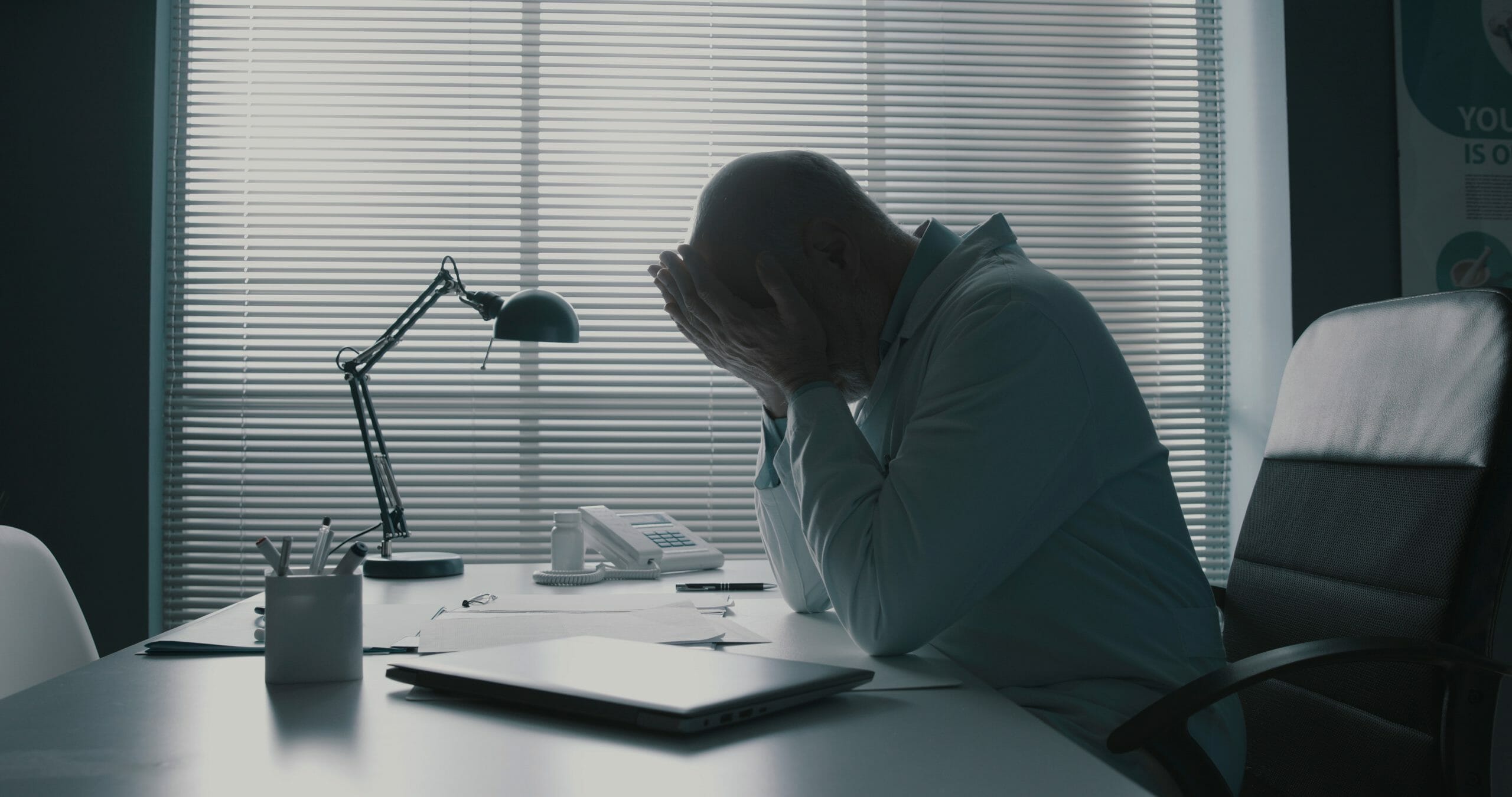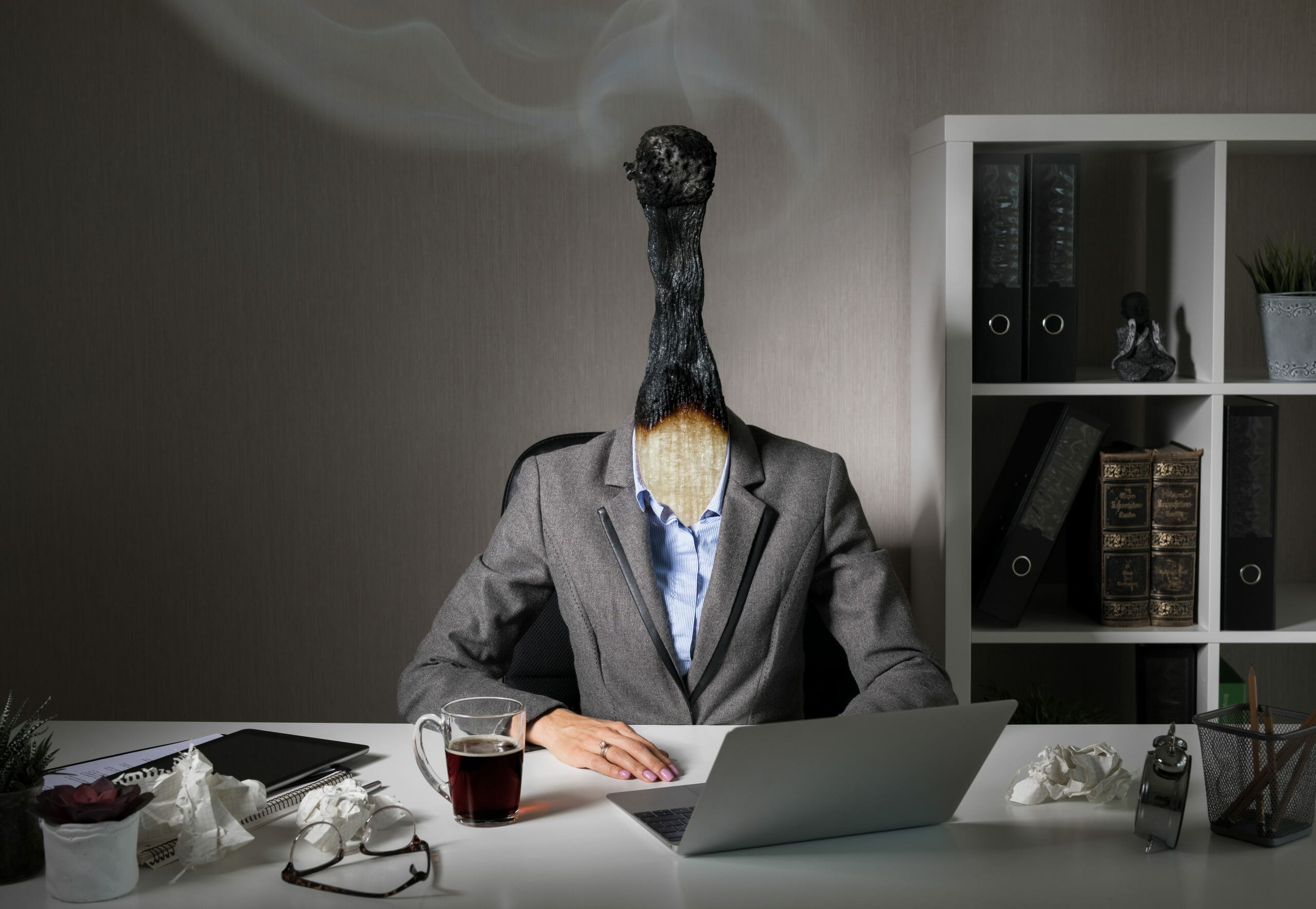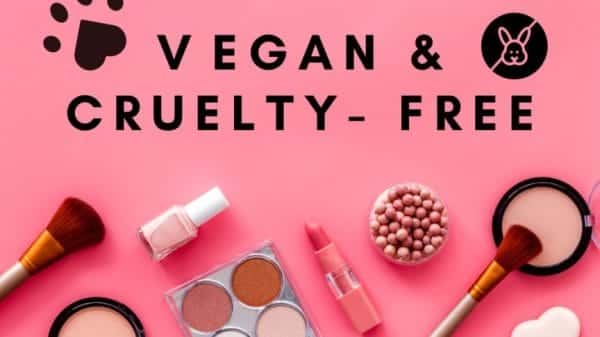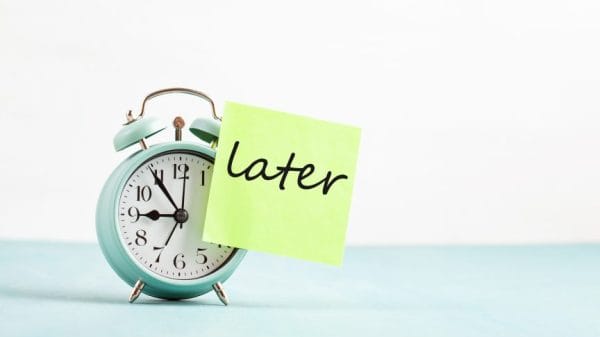If you’ve been on social media in the last two years, it is undeniable that you will have heard of hustle culture. With the rise of entrepreneurial videos mainly inspiring young people to convert their skills into extra income, work more hours, or start a business, the idea of getting rich quick has never been so promoted. But how far do they encourage growth, and at what point do they create mental and physical damage?
What is Hustle Culture?
Hustle culture is based on taking on extra work and maximizing productivity during your day. Monster defines the culture as ‘the mentality that one must work all day every day in pursuit of their goals’. The idea has undoubtedly increased in popularity due to the pandemic and the rise in the number of people furloughed from their jobs. Influenced by the rising cost of living and unsteady economic climate, the culture has grown and reached young audiences in recent years. With the goal of extreme success, the normalization of overworking oneself is unbelievably prevalent on social media. Hustle culture inevitably has consequences; searching for the term on TikTok now brings up videos criticizing the culture, highlighting its toxicity, and showcases living a life free from the hustle.
In 2018, Tesla and SpaceX CEO Elon Musk tweeted ‘nobody ever changed the world on 40 hours a week’. His tweet caused an uproar, and the responses to promoting this lifestyle came in the thousands. At that time, Business Insider India quoted a study that found that although working more hours results in higher corporate positions, it is also linked with anxiety, depression, and worse sleep. Similarly, in January, former Love Island contestant Molly Mae’s comment, we ‘all have the same 24 hours in a day’ sparked outrage. Cosmopolitan‘s article on her interview cited Molly; ‘if we want something badly enough, we can achieve it no matter what’.

At what point is the line drawn between ambition and reality? Successful figures like Elon Musk and Molly Mae fuel the idea of hustling, though how achievable and maintainable is the lifestyle? I spoke to two small business owners who are also in education and employment to investigate the impact of the burnout culture.
An Interview with Livia
Livia is a full-time university student and runs a small jewelry business through Etsy. When asked if she’d ever come across hustle culture on social media, she told me that she’d mainly seen videos on TikTok ‘focusing on “side hustles” that promote “easy” ways to make you hundreds if not thousands’. Though not encouraged to open her business by hustle culture, Livia told me, ‘the glamorization of constant “grinding” all hours of the day and “building your empire” simply disguises the challenges, or provides justification that there seems to be no concept of a sense of balance between work and relaxation. Many users on social media hold similar views.
I asked Livia how maintaining a business alongside her studies affected her; ‘it’s been much more hectic this year as I approached my final year, and I have had a lot more success with my business, which has kept me pretty much constantly busy. It has mainly taught me how to balance things when life gets busy’. Whilst Livia is able to manage her small business and keep busy, she also noted ‘I feel this [hustle culture] is especially harmful when many of the videos I’ve seen are targeted at younger audiences, often listing ways teenagers can “side hustle” whilst still in school, effectively setting them up for a very skewed perception of work’. Livia’s concerns about the effect on young people are no surprise, considering the highest percentage of TikTok users are 10-19-year-olds, according to Wallaroo.

With the promotion of small businesses all over social media, Livia told me Etsy is now ‘flooded with cheap, generic products – often multiple listings of the same thing from different shops. I feel it demeans the work of true, genuine Etsy sellers who have started their Etsy shops due to their love of their creative crafts’. Not only is hustle culture damaging mentally, but it also affects genuine sellers with original products. The commodification of free time seems to create an unhappy population who live to produce generic products.
An Interview with Rebecca
Rebecca is a part-time college student, part-time Florist, and a small business owner, creating paid art commissions. Like Livia, Rebecca told me she had seen hustle culture on TikTok, Instagram, podcasts, and YouTube. She noted, ‘I’ve seen this trend called the “5-9” where people focus on their “side hustles” either before or after work or education’. When asked her opinion on hustle culture, Rebecca told me, ‘I think they are all quite romanticized views. I do feel that these videos are inaccurate in showing the high likelihood of burnout. Many of the videos don’t show any social life with friends and family’. Hitori’s article on the ‘that girl’ trend highlights similar videos which glamorize unattainable and unhealthy ideologies. Many users on TikTok have documented their ‘recovery’ from hustle culture and the internal struggle that comes with fighting the pressure of social media.
Like many others, Rebecca started her business during the first COVID lockdown when she lost her job. She partially credits hustle culture for her decision to launch her business; ‘there were a few videos of people starting their own businesses in lockdown. This, along with other media, pushed me into thinking how nice it would be to enjoy my job’. Although encouraging her to make money from her skills, Rebecca tells me that the combination of commitments has ‘definitely made things interesting. [During peak times] I’m off working long hours, and it’s pretty hectic, so balancing being busy most of the time with a waiting list for commissions and the pressure to complete them all in time is hard but extremely rewarding’.
Due to such pressure and a strong likelihood of burnout, I asked Rebecca about her larger goals. She told me, ‘the goal for me eventually is to do whatever makes me happy, gives me a good work-life balance and enough to support me so I can do it full time’.
On a domestic scale, it becomes clear that hustle culture perpetuates a damaging, unachievable, and unrealistic lifestyle. The idea of creating an empire from nothing by working oneself to the ground seems nothing but a glamorised view of burning out. Whilst young people like Livia and Rebecca are able to maintain their businesses alongside other commitments, their end goals differ from the idolised riches on social media. It becomes increasingly apparent that finding a balance and schedule that works for you is the only way to create a maintainable, happy lifestyle.















